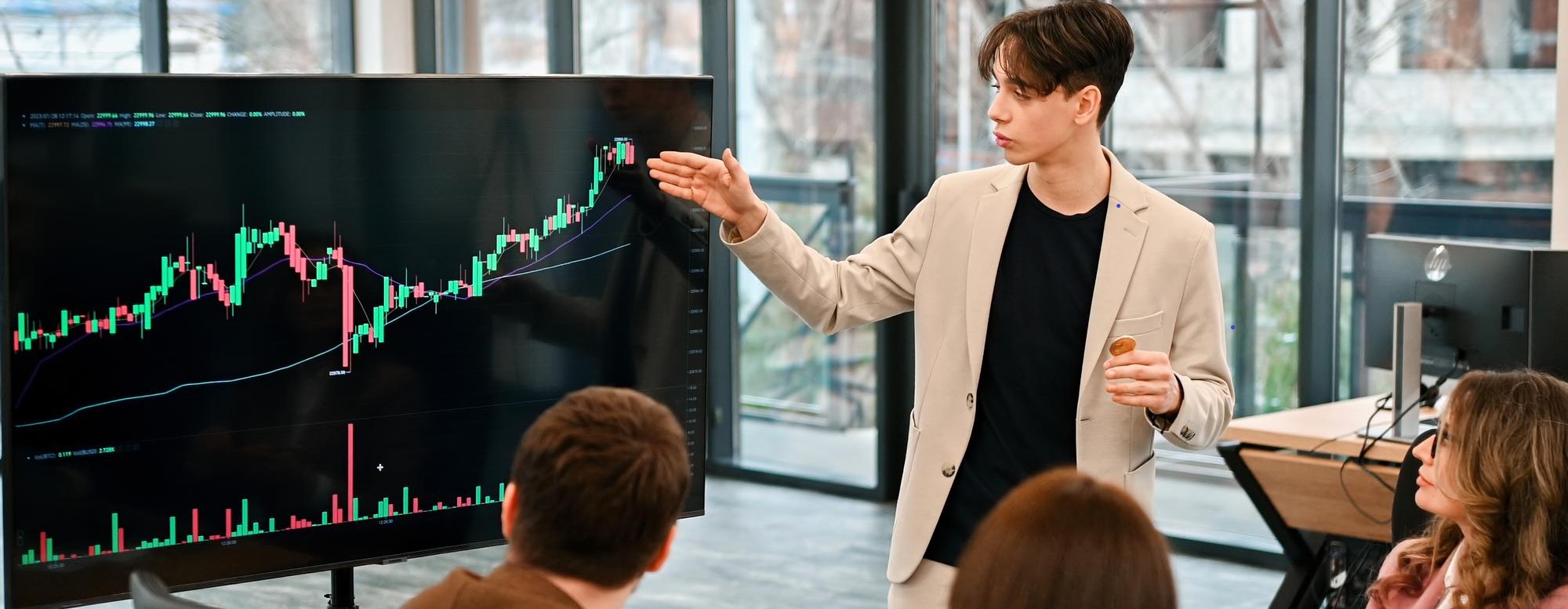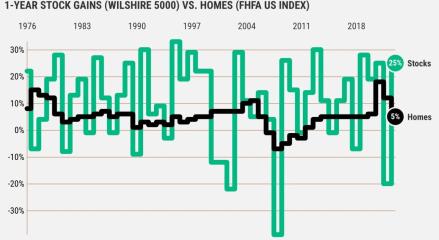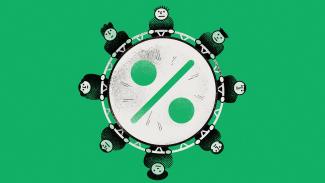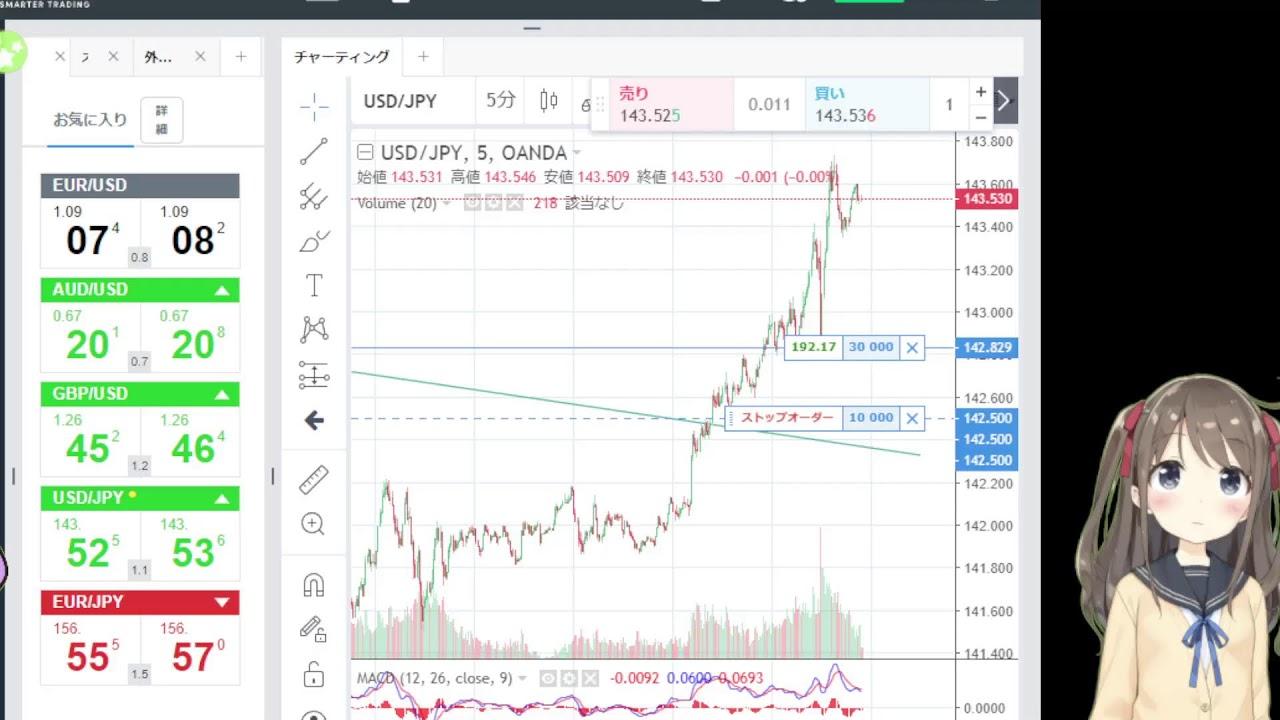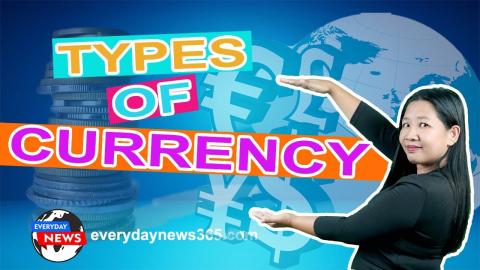Chapter 1 How to get started with FX
1-1: What is “FX”?
1-2: Meaning of “strong yen” and “weak yen”
1-3: Notation method of currency pair
1-4: How Forex Trading Works
1-5: How to make a profit with Forex
1-6: What is margin?
1-7: What is leverage?
1-8: What is a swap point?
1-9: Do you always get swap points?
1-10: What is a spread?
1-11: What is a loss cut?
1-12: What is a demo trade (demo account)?
1-13: Acquiring basic knowledge in Forex.
The term "foreign exchange" refers to a transaction that involves predicting whether the exchange rate will rise or decline. It's similar to stock trading in that it focuses on financial instruments with price fluctuations, but FX uses terms like "margin" and "leverage" that you won't hear in stock trading or investment trusts.
Forex, on the other hand, is not at all complicated. Depending on the Forex account, you can trade with a tiny amount of money, as little as a few yen, and even beginners can trade easily if they recall the basic trading mechanism and rules.
FX deals with a very huge market called "forex," which is always traded 24 hours a day, seven days a week by financial institutions and investors all over the world. The exchange rates of major currency pairs, such as "US dollar / yen," which Japanese Forex dealers trade the most, may be seen in news and newspapers, resulting in a high level of transparency and peace of mind.
Furthermore, FX trading can begin with both buy and sell orders, and depending on the direction in which the position is held, you can earn "swap points," which are similar to interest on foreign currency deposits. There are also some interesting features that aren't commonly present in financial products.
There are also "foreign currency deposits" as financial products that target foreign exchange in addition to FX, however the "transaction costs (spreads)" of FX are unexpectedly low when compared to foreign currency deposits. Furthermore, a "loss cut" method has been implemented, which protects the bare minimum of assets even if the transaction fails, so if you can decrease risk and perform a decent transaction, you will be a powerful asset management ally.
However, if you continue to trade in the dark without understanding the trading process and laws, it is very likely that you would lose all of your important assets. When trading other financial assets like stocks and investment trusts, this is also true.
To avoid this, it is vital to have at least a "basic understanding of Forex" before beginning to trade Forex. Furthermore, some Forex businesses offer "demo trading (demo account)" that allows you to practice trading in a simulated environment that is nearly identical to the real one, thus it is recommended that you use it before beginning to trade.
- 1- 1 What is Forex?
- 1- 2 Meaning of “strong yen” and “weak yen”
- 1- 3 Notation method of currency pair
- 1- 4 How Forex Trading Works
- 1- 5 How to make a profit with Forex
- 1- 6 What is Margin?
- 1- 7 What is Leverage?
- 1- 8: What is a swap point?
- 1- 9 Do you always get swap points?
- 1-10 What is a spread?
- 1-11 What is Stop Loss?
- 1-12 What is a demo trade?
- 1-13: Acquiring basic knowledge in Forex.




